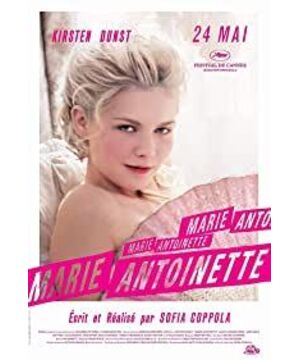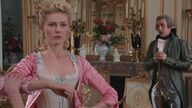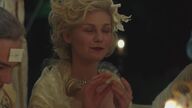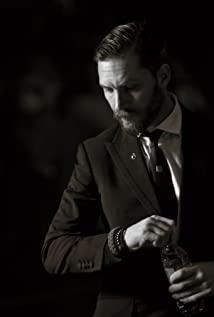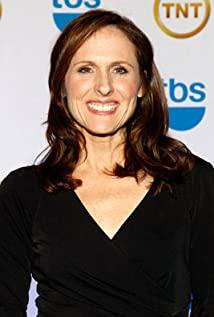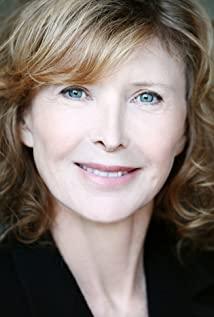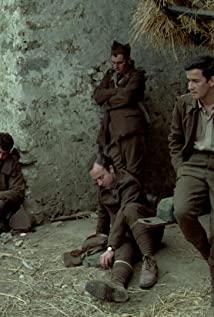Several biographies have been published to rehabilitate Queen Mary. The best and most objective one is not Antonia Fraser, but Marie Antoinette The Last Queen of France by French historical authority Evelyn Lever. But Sophia Coppola chose Antoinia Fraser. Fortunately, fortunately, the director did not use the worst version of Evelyn Farr.
Closer to home. It's really unclear why Kristen Dunst should be used as Queen Mary. She is not beautiful, with a swollen mouth and face, and she can't play the noble temperament that a queen should have and the naive and lost mental state of a young princess. Whether from marrying to France, being instructed by the nobles, gamblers, moving to live in a small village in the imperial palace, or even bowing to the people in the end, they are all the same.
And the director can't make a reason for rehabilitating the queen. There were several events in Queen Mary's life that not only affected her personally, but also affected the safety of the entire royal family and even the two countries of France and Austria. The first time was when she was blatantly an enemy with Louis XV's mistress, Madame Duballi, when she was still the crown prince, and finally succumbed to the mistress who was a prostitute and spoke to her first. It's a pity that the movie can't make the sentence ``There are many people in Versailles today'' how important it is to maintaining the relationship between Faw-Austria, and how strong Marie's self-esteem is (this is the only time she has spoken to Dubali, the crown prince's Her status and self-esteem would not allow her to talk to prostitutes anymore).
Another thing that affected her life was meeting the Swedish nobleman Felson at the masquerade party. They are described in the movie as just some unconfirmed love of fish and water. Historians have yet to prove that they have a physical relationship, but it is an iron fact that the queen and the Swedish earl have an extramarital affair. The biggest controversy is only platonic. Still real. However, I personally think that the appearance of Philson is not just to prove that the queen's marriage life is inconsistent. The movie only portrays Philson as a prodigal son in love (and he has always been in contact with the queen after the masquerade, instead of meeting again after the American independence war as the movie says), eliminating the need for him to love the queen with a sincere heart Important plot. These plots are when the Bourbon dynasty collapsed and the royal family tried to flee into exile. Regardless of his life and death, Philson returned to France to assist the queen and the king in fleeing to Austria. A Zhao Wansong, I believe he wouldn't risk his death to do these things, right? It's a pity that the film was shot when the citizens of Paris captured Versailles, and the royal family was escorted out of the palace. I couldn't see the most painful moment of the queen and rewriting French history.
Sophia Coppola also deleted the "necklace incident" that pushed the queen's reputation to the bottom and made her stink for thousands of years. Although the queen was a victim in this matter, the whole incident exposed the imperial family's incompetence, but it was the people and even the ministry. The reason why the nobles also abandoned her. However, from another point of view, the queen is a white dog stealing food, and a black dog is a disaster. If the movie can add this paragraph back, it will make people more sympathetic to this involuntary queen, and it will also make her lose the people. And the support of the nobles (a scene of clapping hands in the theater) is more convincing.
Important events such as the removal of the finance minister Necker, the third-level meeting and the tennis court declaration did not appear in the movie. In fact, Queen Mary also played a very important role here. The weakness of Louis XVI forced the queen, who had no political wisdom, to have her daughter to strengthen herself and defend the imperial power. It was her intention to dismiss the treasurer whom the people loved, and it was also her idea to block the third-level conference venue, but she did not intend to be an enemy of the people, but that Queen Mary was just a beautiful and noble lady, not at all. It's political, so it's only strange if the power is in her hands. In fact, she didn't desire power at all. She would rather be a good mother in the imperial palace (she is indeed a good mother, she has to take care of her own children, rather than nurses and servants), she does not want to take care of major national affairs, the fault is that she married the French emperor. However, the film failed to show the queen as a good mother and struggling to survive in adversity. It was the end when the people were about to call in Versailles and said, ``As long as the King stays, I will stay too'' to express Her courage.
After reading the 2006 edition of Marie Antoinette, I feel even more sympathetic to the Queen Mary in the works of Riyoko Ikeda, which was changed by the Japanese Hiromichi Dance Company in the 1970s.
View more about Marie Antoinette reviews


